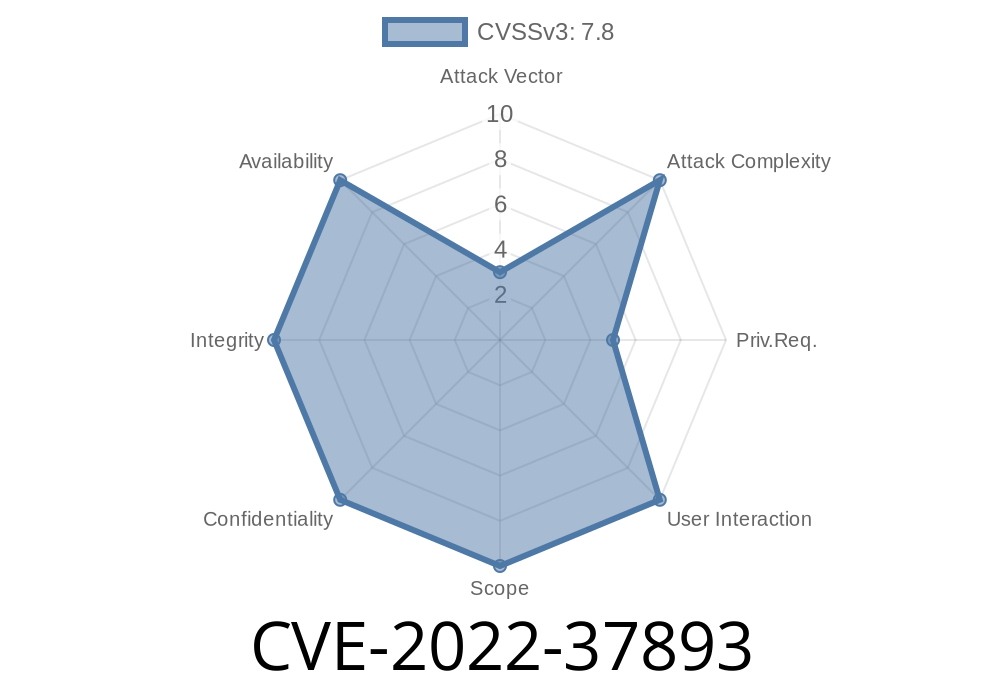A critical vulnerability (CVE-2022-37893) has been discovered in the Aruba InstantOS and ArubaOS 10 command line interface (CLI) that allows an authenticated attacker to execute arbitrary commands as a privileged user on the underlying operating system. This vulnerability affects multiple versions of Aruba InstantOS and ArubaOS 10, and Aruba has released updates to address the issue.
Exploit Details
An authenticated user with access to the Aruba CLI can exploit this vulnerability by injecting malicious commands in the parameters of specific CLI commands. Successful exploitation allows the attacker to execute arbitrary commands with the privileges of the root user on the underlying operating system, which could lead to complete system compromise.
While the exact commands and injection techniques remain undisclosed to the general public, researchers have found this vulnerability by testing multiple input vectors and examining the system's behavior.
A sample code snippet that demonstrates the potential for command injection (For educational purposes only) is as follows:
# Example of a potentially vulnerable CLI command
# Note: This is a generic example and may not represent the actual vulnerable command in Aruba systems
cli_command("set parameter ", user_input)
In this example, an attacker could potentially inject a command into the user_input variable, causing the CLI command to execute with additional, unintended commands.
Original References
- CVE Details: CVE-2022-37893
- Aruba Security Advisory: Authentication Command Injection
Mitigation and Remediation
Aruba has released upgrades to address the vulnerability, and users running affected versions should update their systems as soon as possible. The list of upgrades can be found in the Aruba Security Advisory linked above.
To further reduce the risk of exploitation, administrators should limit the number of users with access to the Aruba CLI and ensure that the Principle of Least Privilege is enforced, granting users only the necessary permissions to perform their required tasks.
Conclusion
The CVE-2022-37893 vulnerability presents a serious risk to organizations using affected versions of Aruba InstantOS and ArubaOS 10. By addressing the vulnerability through updating their systems and enforcing the Principle of Least Privilege, organizations can greatly mitigate the risk associated with this command injection vulnerability.
Timeline
Published on: 10/07/2022 19:15:00 UTC
Last modified on: 11/09/2022 04:00:00 UTC
